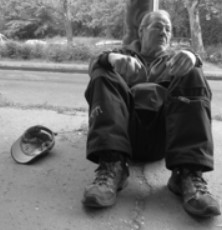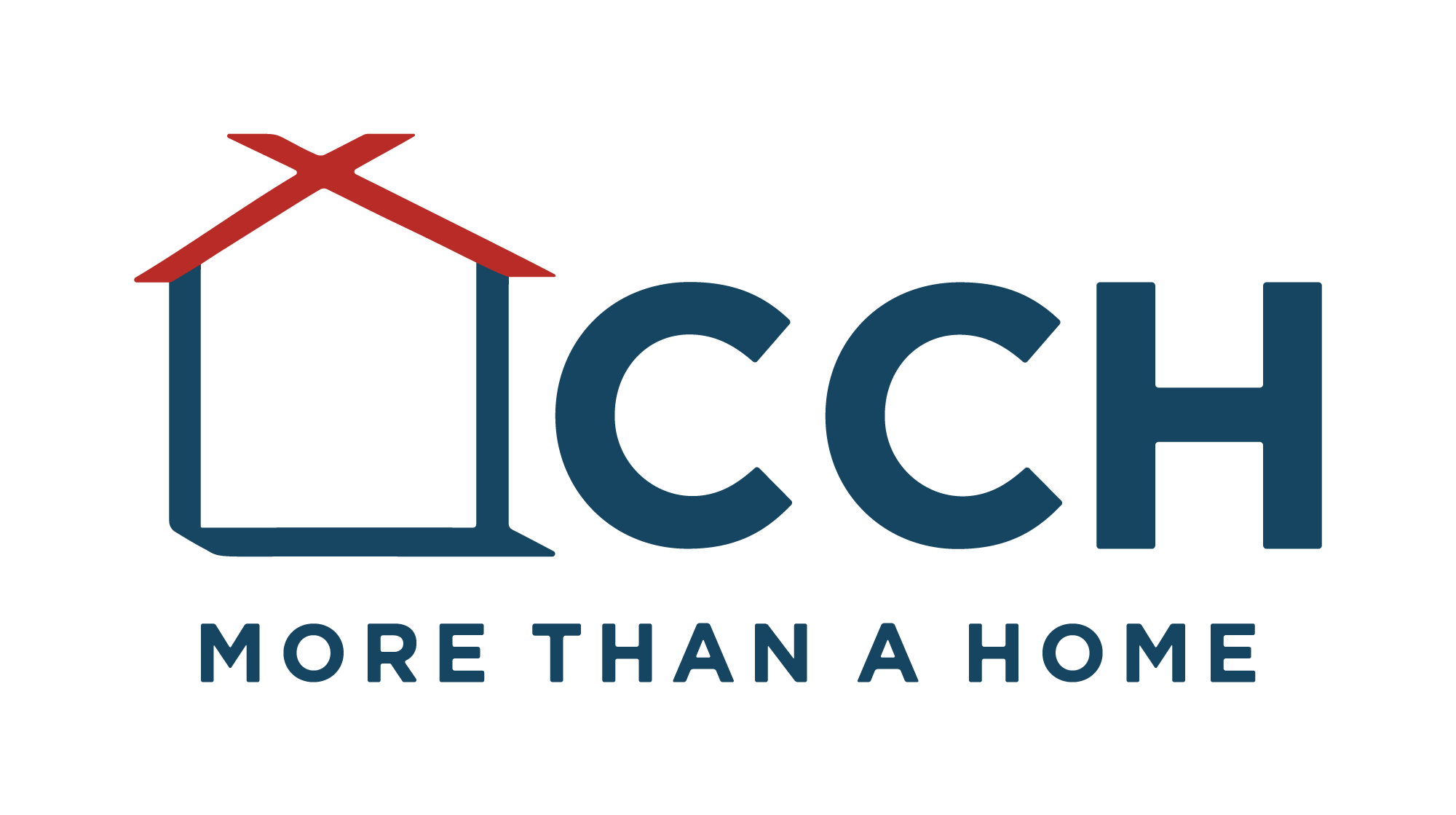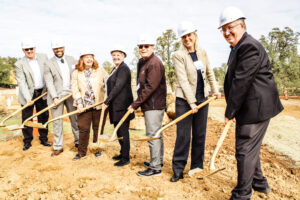
How bad for health is homelessness on older adults? According to a recent article published in The San Francisco Chronicle, a UCSF study found becoming homeless after the age of 50 increases the likelihood of dying early by 60 percent. The study underscores the unmistakable and life-altering role of housing to extend life.
“There is no medicine as powerful as housing,” says Dr. Margot Kushel, director of UCSF’s Benioff Housing and Homelessness Initiative and senior author of the study.
The study which followed 450 older homeless adults at various stages in Oakland for nearly a decade found that people who remained unhoused—compared with those who regained their housing—were 80% more likely to die during the study’s period from mid-2013 to the end of 2021.
Those who entered homelessness after age 50 also were 60% more likely to die over the eight-year period of the study than those who first experienced homelessness at a younger age. The study concluded that homeless people over 50 were 3.5 times more likely to die than similarly aged people in Oakland’s general population.
The most common causes of death among the homeless were heart disease, cancer and drug overdose, 14.5%, 14.5% and 12% respectively. If the study participants had been housed, those conditions likely would been more successfully addressed, according to the study, published in the journal JAMA Internal Medicine.
Among the significant factors outlined by researchers were:
- Losing housing after decades of stability is so disruptive that a person is more susceptible to become sickand to suffer health conditions that go untreated;
- The potential violence and physical wear of living outside can be a contributing factor to poor health; and
- The stress of struggling to meet daily needs like food, restroom use and managing unknowns in the future causes anxiety and adds to poorer health outcomes.
Of the homeless population in America, researchers estimate between one third and one half are older than 50. Pointing to an increasingly tattered senior safety net and the shrinking ability for people to adequately save money and make other arrangements for retirement, that same estimate was about 11% in 1990. The study’s authors believe their findings are likely indicative of homeless people over 50 throughout the nation.
“Becoming homeless after 50 brings with it an incredibly high risk of death — it’s a major shock to the system to have a sudden change rather than a gradual one,” according to the lead author. “These untimely deaths show that there is a critical need to prevent older adults from becoming homeless in the first place, and quickly rehousing them if they do lose their homes is crucial.”



